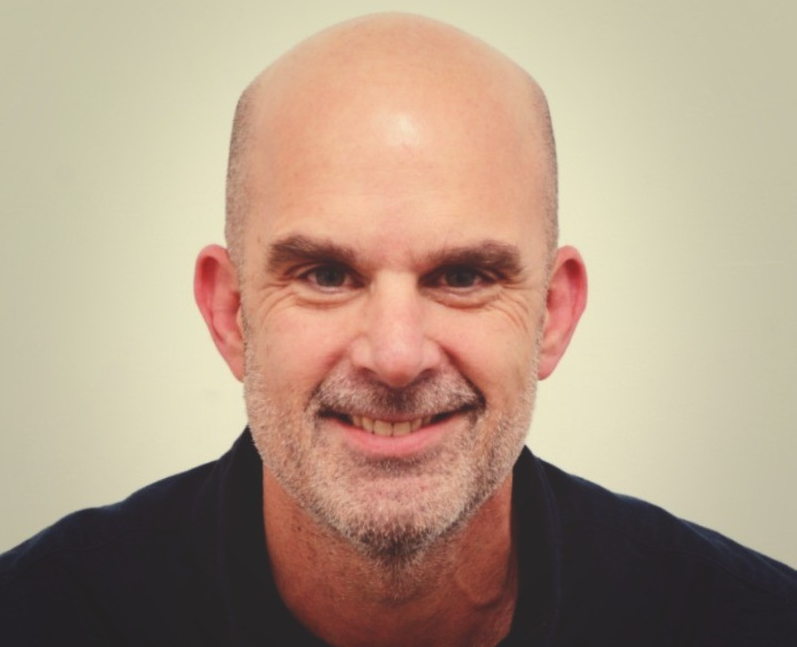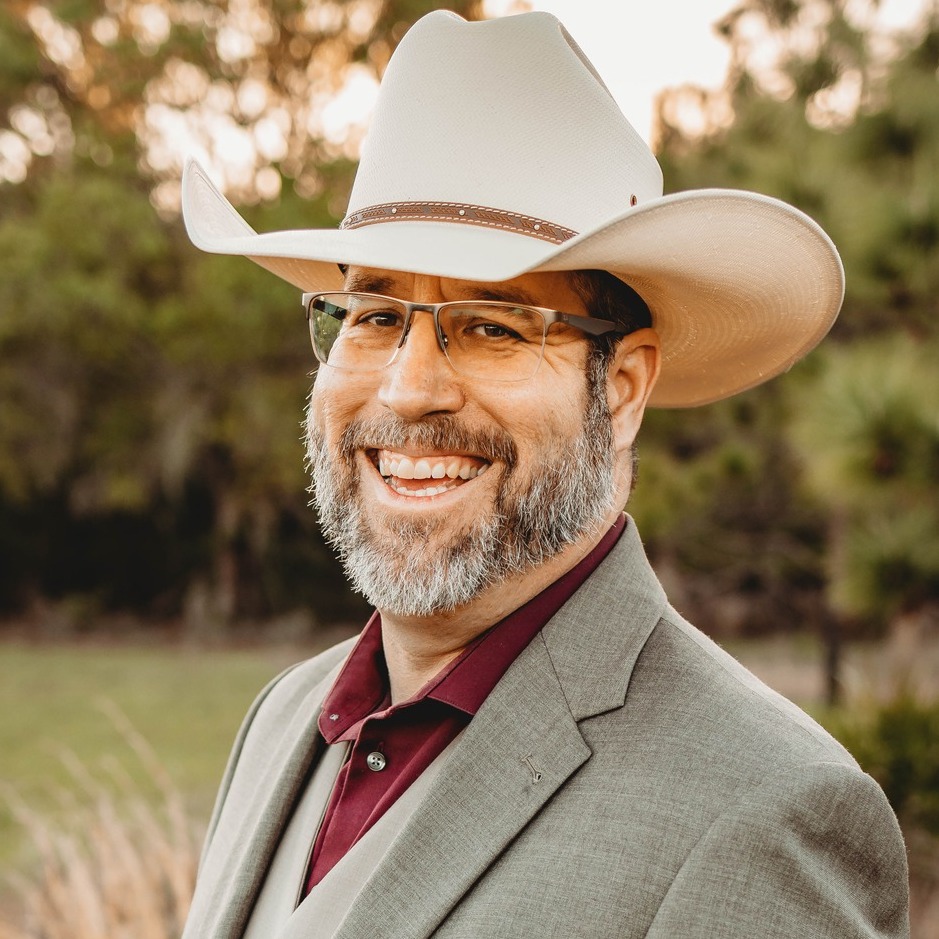 By Torsten Kolind, YouNoodle co-founder and CEO
By Torsten Kolind, YouNoodle co-founder and CEO
Starting a company is rarely a ‘safe’ choice, but can be amazing when done thoughtfully and strategically. Although founders tend to have a certain affinity for risk-taking, even the most hard-nosed entrepreneurs are occasionally overwhelmed by the often all-encompassing and lifestyle-jeopardizing endeavor of starting up.
Rebeca Hwang and I founded YouNoodle in 2010 as a judging platform for entrepreneurship competitions. Four long and adventurous years later that’s still the core of what we do. Having been through fundraising efforts, multiple pivots, failed tactical choices, almost running out of money, and various other dramas, I am fortunate to have learned a lifetime of startup lessons in just a few years.
Here are some of my tips:
Stand Up To the Lure Of Easy Money
I think the most stressful risk we took was the early choice of bootstrapping the growth of our business. Although this is a very healthy and sustainable way to grow a startup, the constant pressure to make revenue meet expenditure can linger like a dark cloud over long-term strategic decisions and development. Especially at a time of venture capital abundance (in Silicon Valley at least), it is hard to stand up to the lure of easy money, whether it is right for your business or not.
Get Organized and Know Your Numbers
In terms of managing startup risk, I think the number one rule is to be organized and know your numbers. Too many founders are idea-driven by nature and jump off the cliff and build the airplane on the way down. It’s not that I don’t admire bold and risky moves made by entrepreneurs, but many failures can be avoided by at least knowing in detail how fast you are falling, how far you are from the ground, how quickly that airplane is coming together, and how the weather is developing along the way.
Be Transparent With Your Team and Investors
Ensuring transparency around your team and investors is also a core value of ours. If you’re at a risky point, everyone should know about the situation, at least in broad strokes. That’s the least you can do when employees and investors are taking a big risk by placing their faith on your ability to execute.
Don’t Ignore the Reality Of the Sacrifices You Will Have To Make
For relatively young founders without families to feed, the personal financial risk sometimes seems marginal. However, founding a company is a lifestyle choice and will jeopardize many other aspects of your life other than your retirement savings. Your social and love life, family and vacation time, and personal development outside of the startup world, are all examples of sacrifices we as founders make all the time. The romanticization of startup life tends to ignore non-financial risks and sacrifices.
I think a great starting point for founders looking to get better at risk management is to read Brad Feld’s book Startup Life. Personally, I try to keep certain areas of my life sacred. This includes sleep (at least seven hours), time to play music, time to not think about work, and time for personal life (friends and loved ones). Other concepts like weekends, evenings, holidays, and work hours, etc., are much less clearly defined ideas in my entrepreneurial mind.
As long as you are aware of (and open about) the sacrifices you make, I think it is a noble and brave human trait to give up the good things in life to pursue your dreams.
# # #
Torsten Kolind is co-founder and CEO of YouNoodle—a data-driven startup recruitment engine and customized end-to-end platform for the creation, management, and judging of startup competitions. Torsten is a startup founder himself with years of experience in the startup ecosystem where he works to mentor and bridge opportunities to startups around the world. Prior to YouNoodle, Torsten was CEO of Venture Cup, the largest entrepreneurship competition in Denmark.










